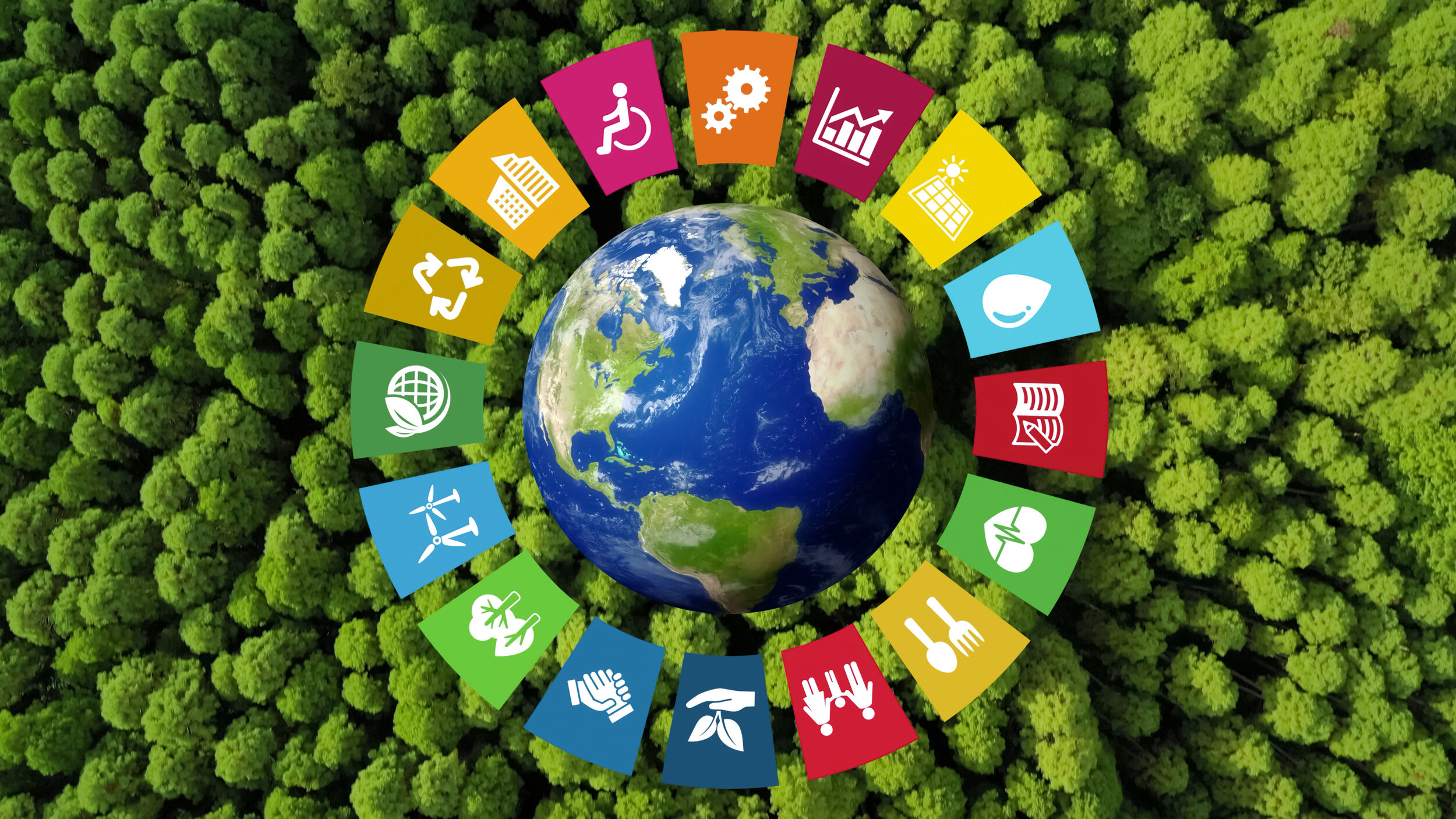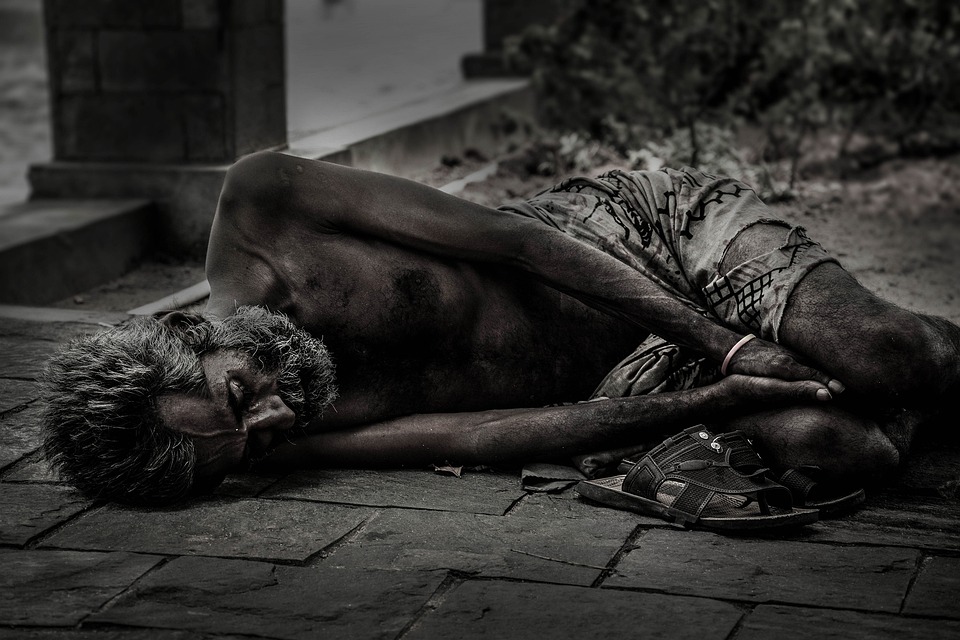Can our Christian faith or the Bible be of any help when it comes to living a sustainable life or achieving Sustainable Development Goals (SDGs)?
The Sustainable Development Goals (SDGs) were defined by the United Nations in 2015 as a universal call to end poverty and hunger, reduce inequality, and promote sustainable economic growth and peace and justice, while protecting the planet. These goals are forever present in this contemporary world, but what about our involvement, i.e., Christian involvement. It depends on the perspective you apply. There are several Biblical scriptures that offer a wide range of perspectives on a Christian’s role in working with the Sustainable Development Goals.
A starting point would be reflecting on how Jesus assumed humanity by being born as a human child and growing as a common man. He embraced all the components of human corporeality and he came on earth to save people from poverty, hunger and illness. So, as those who are called to be “born of Christ” or “followers of Christ”, we cannot regard these issues as foreign. Faith doesn’t only mean believing that Christ died on the cross for our sins, but also believe that this earth is one of God’s creations and as His children, we have a responsibility towards protecting it.
Consequently, this article series seeks to examine and identify the involvement of Christians with the Sustainable Development Goals and if you haven’t read part one yet, here’s the link!
Sustainable Development Goal 2 – No Hunger
 In Christian faith, we often refer to “hunger” as the spiritual need to feed on Jesus Christ and the Word of God. However, as human beings, we need food to survive and it’s a fact that famines have been one of the greatest challenges humanity has always faced. But, let’s not forget that our mighty Lord has promised to provide for all those who would believe in Him (John 5: 36). “Give us this day our daily bread” (Matthew 6: 11) is one of God’s promises to give us our daily food.
In Christian faith, we often refer to “hunger” as the spiritual need to feed on Jesus Christ and the Word of God. However, as human beings, we need food to survive and it’s a fact that famines have been one of the greatest challenges humanity has always faced. But, let’s not forget that our mighty Lord has promised to provide for all those who would believe in Him (John 5: 36). “Give us this day our daily bread” (Matthew 6: 11) is one of God’s promises to give us our daily food.
Other Biblical scriptures, such as, “For he satisfies the thirsty and fills the hungry with good things” (Psalm 107: 9), “Then Jesus declared, “I am the bread of life. Whoever comes to me will never go hungry, and whoever believes in me will never be thirsty” (John 6: 35), “Everything that lives and moves about will be food for you. Just as I gave you the green plants, I now give you everything” (Genesis 9: 3-4), tells us how God will never let His children live in hunger and will always feed them.
In Psalm 23: 1, we learn that we will never be in want as the Lord is our shepherd. And, again in Philippians 4: 19, we can read, “And my God shall supply all your needs according to his riches in glory in Christ Jesus.”
When people look at the world’s ever-increasing population and the extreme food shortages, they interpret famine as an alarming yet unpreventable crisis. But, as children of God, we ought to believe in God’s surpassing power and glory. Let us remember how Jesus multiplied five loaves of bread and two fish and fed 5, 000 people (Matthew 14: 15-21) or how God used ravens to feed Elijah (1 Kings 17:2-16).
The notion of God as the one who provides for us is rooted in our hearts, but we cannot either ignore our share of responsibility. As children of God, we have a very important role to play. Remember Isaiah 58: 7: “Share your food with the hungry, and give shelter to the homeless. Give clothes to those who need them…”
To learn more about global famines and about what you can do to help hungry people, take a look here!


 Most people assume that Christians are poor –either because they are paying luxurious mansions for preachers or because they believe it is a part of their religious principle to be poor.
Most people assume that Christians are poor –either because they are paying luxurious mansions for preachers or because they believe it is a part of their religious principle to be poor.